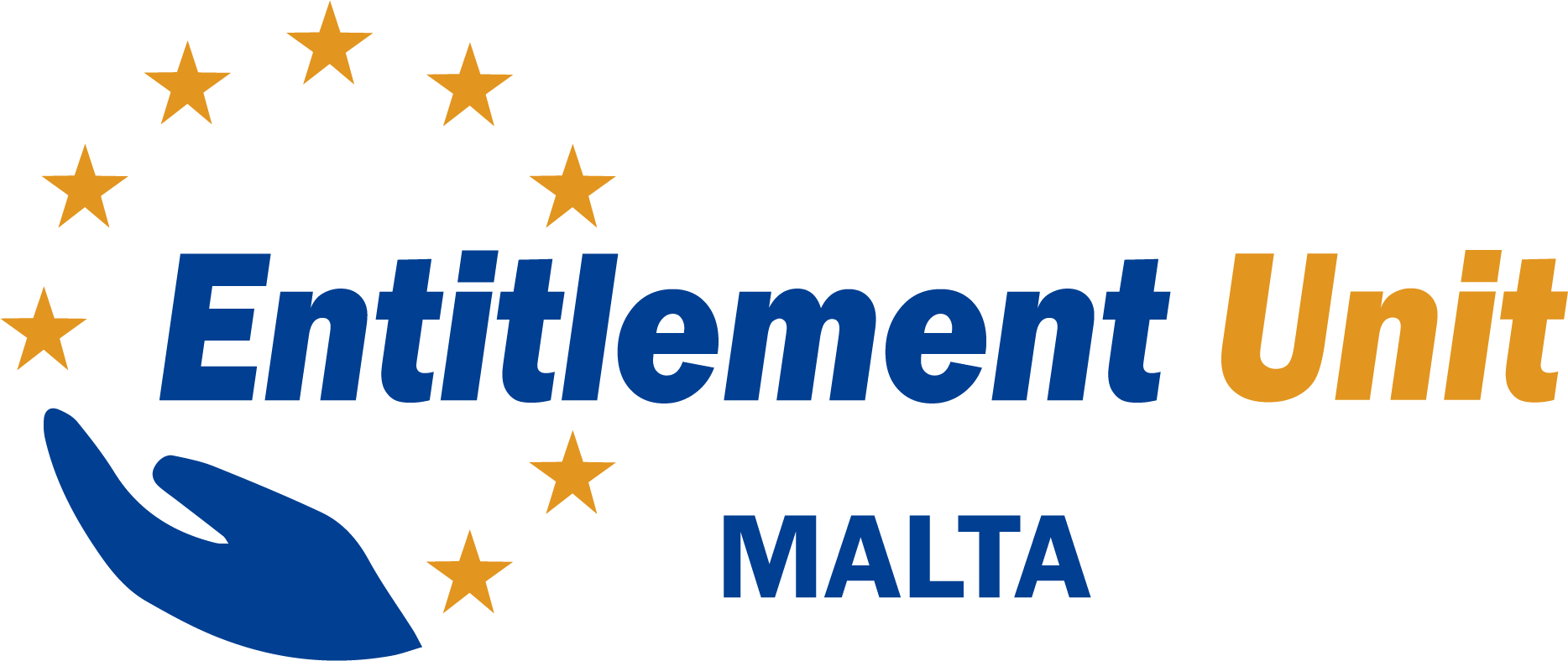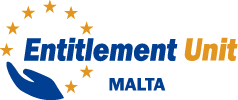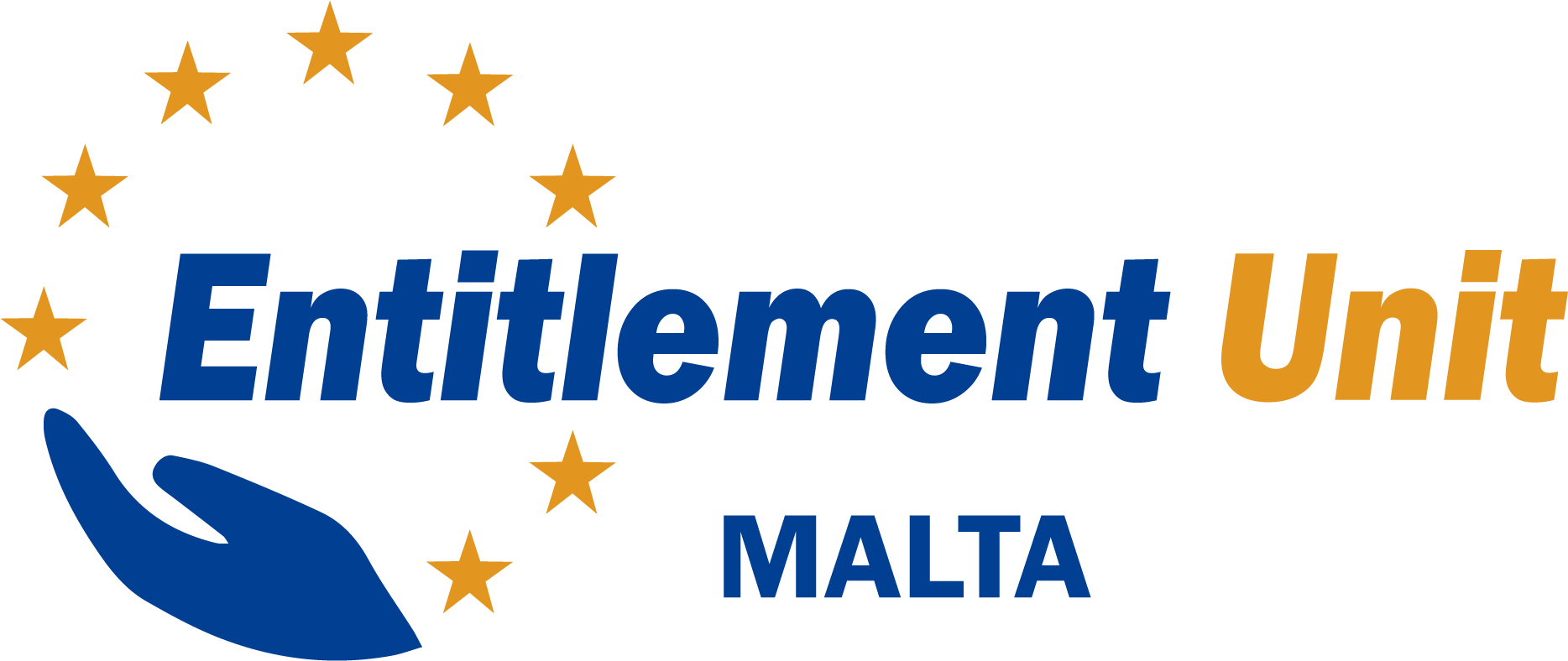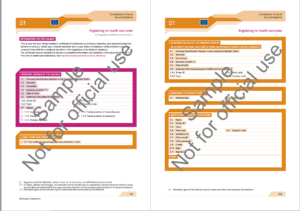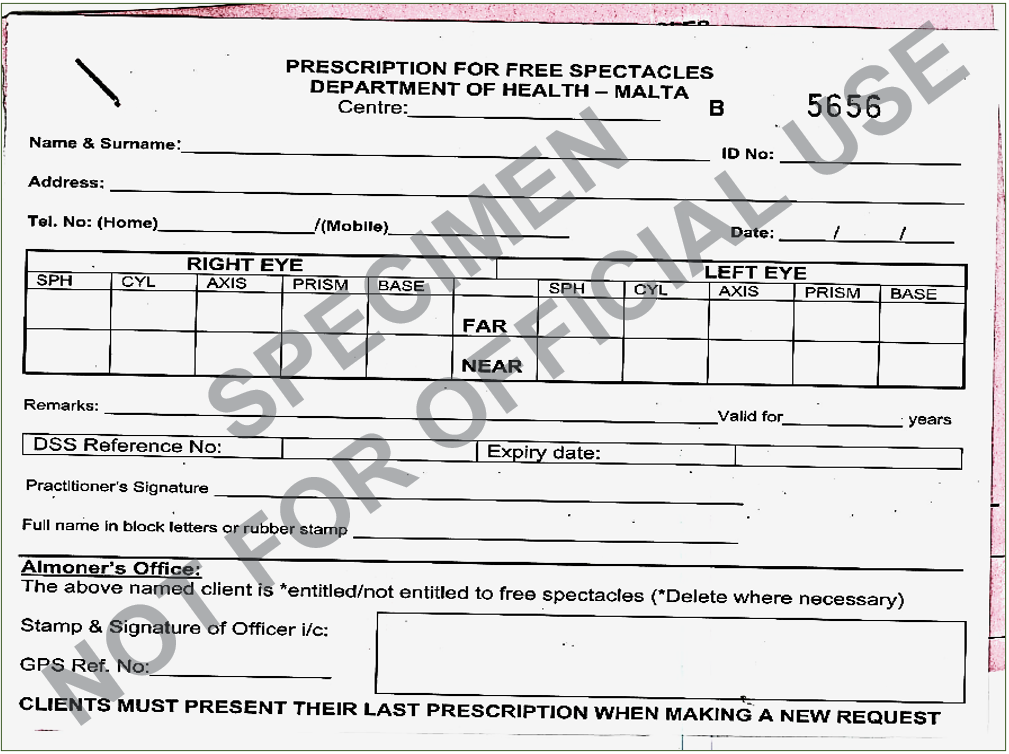Frequently asked questions – EHICs
Yes, however, it is important to note that the EHIC does not cover your health care costs while abroad if you are travelling for the purpose to obtain treatment for a pre-existing illness or injury. Nor does it cover you for private sector health care providers.
For further information, click here.
Your European Health Insurance Card (EHIC) lets you get state healthcare within the EEA and Switzerland at a reduced cost or sometimes free. It also covers you for treatment of pre-existing medical conditions and for routine maternity care, as long as you are not going abroad to give birth.
For further information click here.
If you are travelling to one of the EU and EEA countries, having an EHIC could prove invaluable should you need emergency medical treatment. However, the EHIC is more of a safety net than a substitute for travel insurance.
For further information, click here.
Austria, Belgium, Bulgaria, Croatia, Cyprus (not including Northern Cyprus), Czech Republic, Denmark, Estonia, Finland, France, Germany, Greece, Hungary, Iceland, Ireland, Italy, Latvia, Liechtenstein, Lithuania, Luxembourg, Malta, Netherlands, Norway, Poland, Portugal, Romania, Slovakia, Slovenia, Spain, Sweden, Switzerland and the United Kingdom (including Gibraltar).
Yes, you can still use your EHIC in the United Kingdom (including Gibraltar). For further information, click here.
The quickest way is to apply online by accessing the servizz.gov website via e-ID or by downloading the EHIC application by clicking here, filling it in and sending it by email to [email protected] or posting it to Entitlement Unit, Ground Floor, Ex-Outpatients Block, St. Luke’s Hospital, G’Mangia Hill, G’Mangia, Malta.
You will receive your EHIC within 5 working days. It will usually be valid for 5 years. Each card covers just one person
Yes, however, it is vital to note that an EHIC is not a substitute for medical travel insurance designed to cover your existing condition or disability. The EHIC does not apply to private hospital care or treatment, and it does not cover repatriation costs to get you home.
For further information, click here.
The EHIC does not cover repatriation costs or other expenses such as lost baggage or travel delay.
- If your EHIC expires after March 2023, it is automatically renewed one (1) month before its expiry date based on your entitlement to public healthcare in Malta. Your renewed EHIC will be posted to your residential address. If we require further information to renew the EHIC, we will contact you.
- If your EHIC expired before March 2023, you are required to apply for a new EHIC by selecting one of the options below
a. VIA e-ID, apply by clicking here
or
b. Download the application form here, fill it in and send to the indicated postal address.
To apply for children under the age of 16 years; download the EHIC application by clicking here, fill in the parent’s details at the top of form; in the boxes for children fill in the child’s details, and the parent’s signature goes at bottom of form. Write ‘Child only’ at the top of the form if the EHIC is requested only for child. Email the form to [email protected] or send it by post to Entitlement Unit, Ground Floor, Ex-Outpatients Block, St. Luke’s Hospital, G’Mangia Hill, G’Mangia, Malta.
You may apply for a new EHIC by sending the EHIC application form together with a police report stating that your EHIC is lost/stolen.
If you are accessing healthcare at a public health entity you may:
Pay for your treatment and when you return to Malta you can present your original receipt and other relevant documents at the Entitlement Unit. The Entitlement Unit will start the process for you to get reimbursed,
Or
Ask for a Provisional Replacement Certificate (PRC) to prove your entitlement to medically necessary healthcare if you travel to Europe. The healthcare entity will communicate and provide the necessary information to your competent institution which will be responsible to issue the PRC.
Reimbursement – Incurred costs for unforeseen treatment during EU Member State temporary stays
You may be entitled to have these costs reimbursed.
Submit a claim by filling in the completed claim form , enclose the invoice and original receipts and post to: Entitlement Unit, Ground Floor, Ex-Outpatients Block, St. Luke’s Hospital, G’Mangia Hill, G’Mangia, PTA 1010
Please note your claim cannot be processed without the abovementioned documents.
FAQs – Your Health Insurance Cover
Whenever certain conditions have to be fulfilled before you become entitled to health coverage, the national health insurance body examining your claim must take account of periods of insurance, residence or employment completed under the legislation of other EU countries. This ensures that you will not lose your healthcare coverage when changing jobs or moving to another country.
For example, in some countries, you may only become entitled to healthcare after 6 months of insurance there. EU rules ensure that you will be entitled to sickness benefits from the beginning of your insurance period there if you had previously been covered for 6 months or more in any other EU country (In this case, the 28 EU member states + Iceland, Liechtenstein, Norway and Switzerland).
Apply for your EHIC in your home country, where you are insured and were given the S1 form.
As a cross-border worker, you can access healthcare either in the country where you live or in the country where you work. In many cases, it will be more practical for you to receive healthcare in the country where you work and where you spend most of your time.
When you are “posted” by your employer, or you “post” yourself as a self-employed person, to work in another EU country (In this case, the 28 EU member states + Iceland, Liechtenstein, Norway and Switzerland), you will remain covered by your home country. If, during your posting, you decide to live permanently in the country where you are posted, you will be covered in the country where you are working using the S1 form.
NO – Students going abroad to study temporarily can use the EHIC issued to them by their home country. So, you don’t need to take out health insurance in the country where you are studying. However, you will need to take out health insurance in the country where you are studying if you:
- Become permanently resident in the country where you’re studying
- Start working in the country where you are studying
In the above cases your EHIC issued from Malta must be returned.
The EHIC allows you to obtain any medical treatment that you need while you are temporarily studying in another EU country (such as emergency treatment). It gives students access to whatever medical treatment is necessary, depending on the nature of the medical care and the expected length of time abroad. It is up to the healthcare provider to define what types of treatment are medically “necessary”.
You should be aware that you may only use your EHIC at public healthcare providers, as it does not cover healthcare provided privately.
The country which deals with your healthcare is the country which pays your pension. If you receive a pension from more than one country and one of them is the country where you live, this country will be responsible for your healthcare coverage, and that of your family members.
If you do not receive a pension or any other income from the country where you live, you and your family will receive medical treatment there if you would be entitled to medical treatment in the country that pays your pension.
As a pensioner settling in another EU country, you have full access to healthcare in your new country of residence, on the same terms as nationals of that country. You should ask for an S1 form (from your national health insurance body) in the country that pays your pension. You should then register using this form with the health insurance body in your new country of residence.
You will receive treatment as if you were insured in your new country of residence, under the same conditions as nationals there. However, that does not necessarily mean you will have access to exactly the same services as in your home country. Healthcare services differ significantly across the EU, as each country decides its healthcare system. Make sure you contact the relevant national authorities before moving abroad to ask for information about your rights and obligations in your new country of residence.
If you travel to other countries or the country which you remain subject to, you can use an EHIC to receive any medical treatment that becomes medically necessary during your stay there.
FAQs – FREE SPECTACLES APPLICATION AND PRESCRIPTION
- Approval is for a one-year period (twelve [12] months).
- You can reapply after 12 months from your last prescription’s date e.g. if your last prescription was dated 1/12/22, your next prescription should be dated 2/12/23 or later.
- Visit a doctor for a prescription.
- The doctor’s prescription must be written in full on the form entitled ‘PRESCRIPTION FOR FREE SPECTACLES’ of the Department of Health (see picture)
- Include:
- A copy of your valid Pink Form or valid Schedule V document
- Your home address (where a reply will be received) and contact number
- Post the original signed prescription and copies of the Pink Form/Schedule V document to: Entitlement Unit, Ground Floor, Ex-Outpatients Block, St. Luke’s Hospital, G’Mangia Hill, G’Mangia
If you are entitled, you will receive a document by post to inform you where to take the prescription and documents to have your spectacles done.
FAQs – S2 (PLANNED TREATMENT ABROAD)
A citizen requests Treatment Abroad under the provisions of Regulation 883/04. A request for prior authorisation is endorsed by a Consultant Working at Mater Dei Hospital and is sent for approval to the Treatment Abroad Committee. The Committee’s decision will be communicated to the patient by the Treatment Abroad Team. If the request is approved the cost of treatment will be covered. The Treatment Abroad Team will assist with logistical arrangements.
For further information, you can access the below EU Websites:
https://ec.europa.eu/social/main.jsp?catId=569&langId=en
https://ec.europa.eu/social/main.jsp?catId=857&langId=en&intPageId=1304
This page was last updated on 23rd February 2024

